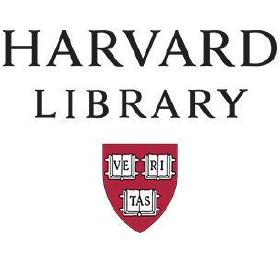Featured Documents
The Offence of Zina (Enforcement Of Hudood) Ordinance, 1979
This section of the Hudood Ordinances pertains to sexual offenses, including adultery, fornication, and rape. Passed in 1979 under the dictatorship of Pakistani General Zia ul-Haq, the Ordinances were an attempt to bring Pakistani law in line with an understanding of shari’ah.
Popular Documents
The Offence of Zina (Enforcement Of Hudood) Ordinance, 1979
This section of the Hudood Ordinances pertains to sexual offenses, including adultery, fornication, and rape. Passed in 1979 under the dictatorship of Pakistani General Zia ul-Haq, the Ordinances were an attempt to bring Pakistani law in line with an understanding of shari’ah.
Featured Collections
Online Companion to Mālik's Muwaṭṭaʾ: Translated by Mohammad Fadel & Connell Monette (Harvard Series in Islamic Law, Harvard University Press 2019)
Edited by Mohammad Fadel, Connell Monette. Contributions by Daniel Jacobs, Rami Koujah, Ari Schriber, Cem Tecimer.
Online Companion to Justice and Leadership in Early Islamic Courts, ed. Intisar Rabb & Abigail Balbale (Harvard Series in Islamic Law, Harvard University Press 2017)
Edited by Intisar Rabb, Abigail Krasner Balbale. Contributions by Daniel Jacobs, Abtsam Saleh.



